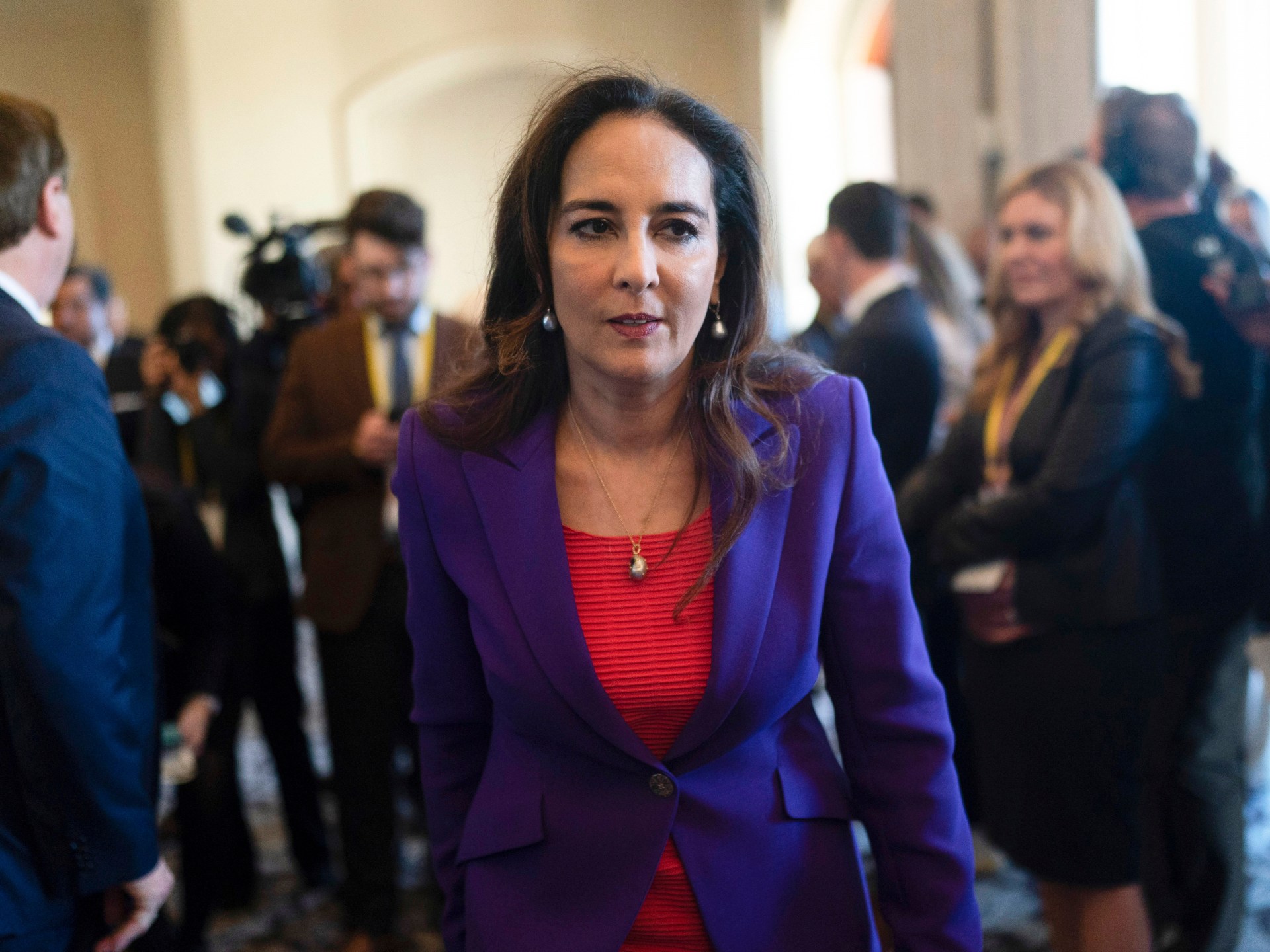Following the deaths of unarmed Black people like George Floyd and Breonna Taylor, the president’s administration has begun the process of ending the federal government’s involvement in the reform of local police departments.
The United States Department of Justice announced on Wednesday that it would revoke two proposed agreements that would have required that the cities of Louisville, Kentucky, and Minneapolis, Minnesota, submit to federal oversight of their police departments.
A federal court assists in enforcing a number of steps and objectives that the parties have in common, which are known as consent decrees.
Additionally, the Justice Department announced that it would stop reviewing reports from six additional local police departments that revealed excessive violence and discrimination.
The Trump administration framed the announcement as a step toward shifting federal responsibility away from the federal government in favor of individual cities and states.
According to Harmeet Dhillon, an assistant attorney general at the Justice Department, “the federal micromanagement of local police should be a rare exception, and not the norm,” according to the Department of Justice Civil Rights Division.
She argued that taxpayer money would be squandered by such federal oversight.
“There isn’t any accountability,” he said. Local control is lacking, too. And there is a business here that, in my opinion, defrauds taxpayers and makes people less secure, Dhillon said.
However, the news, which came just days before Floyd’s death’s fifth anniversary, angered civil rights organizations and police reform advocates.
Following the release of Floyd’s final moments, a , viral video included the Reverend Al Sharpton as one of the leaders who demanded that police departments take serious action. A white police officer, Derek Chauvin, leaned his knee on Floyd’s neck for more than nine minutes, causing him to suffocate and perish.
Sharpton remarked, “This isn’t just a policy change.” It’s a moral retreat that conveys the chilling message that accepting responsibility for Black and Brown victims is optional.
He warned that the Trump administration’s action would signal to police departments that they were “above scrutiny.”
A number of other high-profile deaths, including Taylor’s, were also notable in the year of Floyd’s murder.
The 26-year-old medical worker was sleeping late at night on March 13, 2020 when police broke into her apartment using a battering ram. Her boyfriend shot once because he thought they were being attacked. Taylor was killed six times when the police fired a string of bullets in response.
Millions of people in the US are protesting in the streets as part of social justice movements like Black Lives Matter, with her death and other events causing a period of nationwide unrest. One of the largest mass demonstrations in US history is thought to have occurred during the “racial reckoning” of 2020.
When Democrat Joe Biden took Trump as president in 2021, the Justice Department launched a number of 12 investigations looking into allegations of police overreach and excessive violence on the local level. Those protests took place in the final months of Trump’s first term.
Those “pattern-or-practice” investigations were intended to determine whether police brutality incidents were isolated events or a result of a trend in a particular police department.
The Trump Justice Department on Wednesday decided to drop its settlements in Minneapolis and Louisville, where Floyd’s murder took place. Under Biden, the Justice Department had discovered patterns of discriminatory policing in both cities.
The Minneapolis report states that “police officers frequently make split-second decisions and risk their lives by protecting their communities.”
However, the neighborhood police department “used dangerous methods and weapons against people who committed at most a petty offence and occasionally no offense at all,” it adds.
In addition to the Louisiana State Police, Phoenix, Arizona, Memphis, Tennessee, Trenton, New Jersey, Mount Vernon, New York, Oklahoma City, Oklahoma, and other police departments were under scrutiny during this time.
Dhillon, who now leads the Justice Department’s Civil Rights Division, used those findings’ retractions as a policy pivot. She also said she would consider revoke some existing agreements in order to stop people from using them as an overuse tool.
However, a judge’s approval would likely be necessary for that procedure.
Some community advocates worry that consent decrees will burden already overburdened law enforcement departments, but others oppose the Justice Department’s most recent action, claiming that a retreat will reduce resources and momentum for police reform.
Chief Paul Humphrey of the Louisville Metro Police Department (LMPD) stated that the organization’s commitment to better policing transcended settlement. He stated that he would seek out an independent watchdog to oversee reforms.
He claimed that it is not the paper’s words. It’s about the collective efforts of the LMPD, metro government, and community to make the world a safer, better place.
Mayor Jacob Frey in Minneapolis rebuffed this by saying he could continue to work with the plan for a police reform in his city.
At a press conference, he declared, “We will follow every word and every phrase of the 169-page consent decree that we signed this year.”
“We will make sure that we are moving forward with each sentence of the consent decree and the Minnesota Department of Human Rights settlement.”
Source: Aljazeera

Leave a Reply